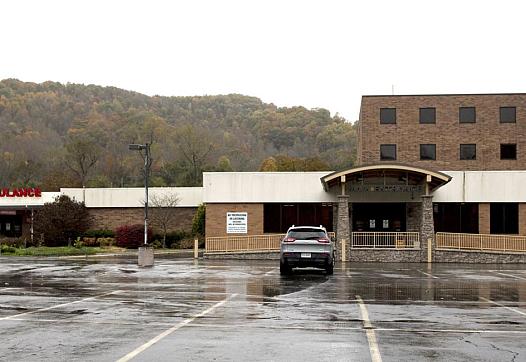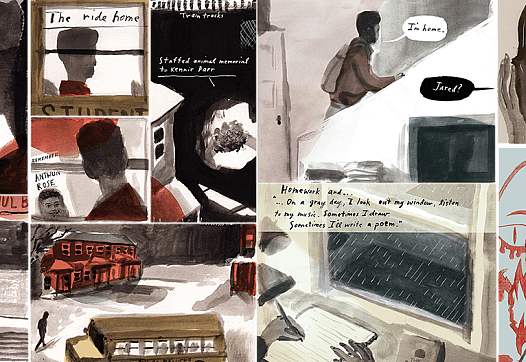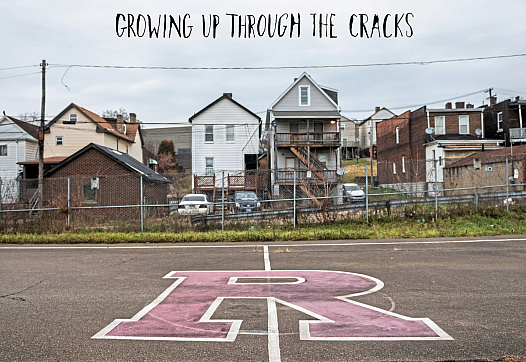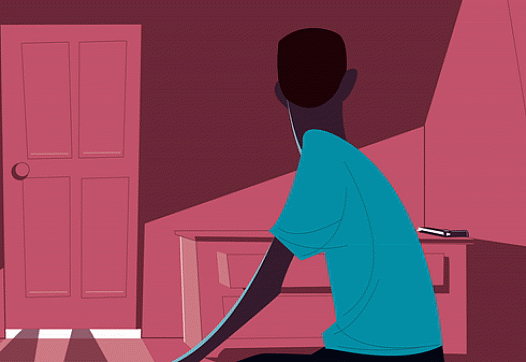
This story was reported with the support of the Dennis A. Hunt Fund for Health Journalism, a program of the University of Southern California Center for Health Journalism.

This story was reported with the support of the Dennis A. Hunt Fund for Health Journalism, a program of the University of Southern California Center for Health Journalism.

We want to tell the stories of teachers, students and their families who are overcoming challenges to educate the state’s next generation.

This story was produced as part of a larger project led by Rich Lord, a participant in the USC Center for Health Journalism's 2018 Data Fellowship.

In southwestern Pennsylvania's fragmented patchwork of cities, boroughs and townships, children are likely to live in places without the resources to keep them safe, active and healthy.

This reporting is supported by the University of Southern California Center for Health Journalism National Fellowship.

This story was produced as part of a larger project led by Rachel Dissell and Brie Zeltner, participants in the 2018 National Fellowship....

This reporting is supported by the University of Southern California Center for Health Journalism National Fellowship.

This reporting is supported by the University of Southern California Center for Health Journalism National Fellowship.

This reporting is supported by the University of Southern California Center for Health Journalism National Fellowship.

This reporting is supported by the University of Southern California Center for Health Journalism National Fellowship.